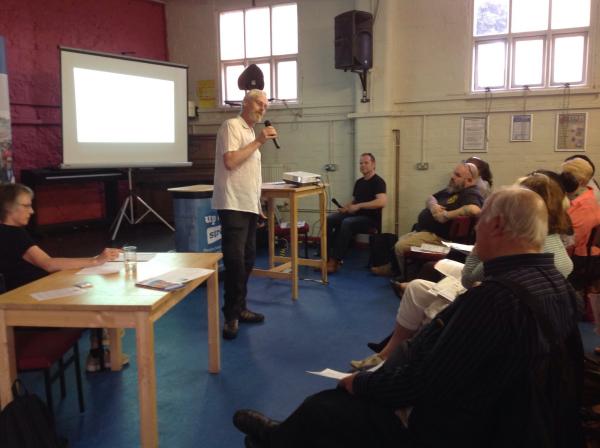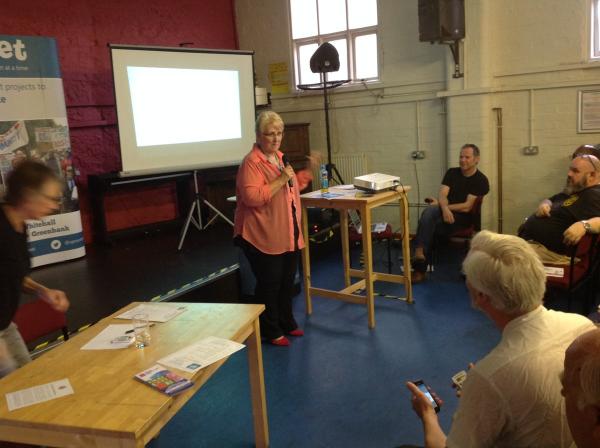The shortest suicide note in history?
Labour MP Gerald Kaufman is credited with coining the phrase “the longest suicide note in history” to describe his party’s 1983 election manifesto.
Entitled “The New Hope for Britain“, the manifesto called amongst other things for unilateral nuclear disarmament, higher personal taxation for the rich, abolition of the House of Lords and the re-nationalisation of recently privatised industries such as British Telecom and British Aerospace.
In that election, Labour’s vote fell by more than 3 million compared with 1979, with the party’s representation in the House of Commons declined from 261 to 209, whilst Margaret Thatcher’s Conservative government enjoyed a 4% swing, buoyed up a wave of jingoistic fervour engendered by the conflict in the Falklands/Malvinas.
Yesterday, the House of Commons started consideration of what could be termed “the shortest suicide note in history“. Commonly known as the “Brexit Bill“, its full title is the “European Union (Notification of Withdrawal) Bill 2017“. Its purpose is grant the Prime Minister power to notify the European Union of the UK’s intention to withdraw from the EU following last year’s disastrous and divisive referendum called by the then Prime Minister David Cameron, who foolishly put the interests of his divided party above those of the country.
The full text of the Bill as presented is set out below.
A BILL TO
Confer power on the Prime Minister to notify, under Article 50(2) of the Treaty on European Union, the United Kingdom’s intention to withdraw from the EU.
Be it enacted by the Queen’s most Excellent Majesty, by and with the advice and consent of the Lords Spiritual and Temporal, and Commons, in this present Parliament assembled, and by the authority of the same, as follows:—
Power to notify withdrawal from the EU
(1)The Prime Minister may notify, under Article 50(2) of the Treaty on European Union, the United Kingdom’s intention to withdraw from the EU.(2)This section has effect despite any provision made by or under the European Communities Act 1972 or any other enactment.
The Bill’s progress through both houses of Parliament promises to be interesting, as both major parties are still riven by pro- and anti-EU divisions, as the country still is.
Finally, let’s not forget that those critical of the EEC/EC/EU, who came to be called “Eurosceptics“, were complaining even before the ink was dry on the Treaty of Accession, so it would be most unfair – and sense of fairness is allegedly an essential part of the British character – not to allow pro-Europeans (now being termed “Remoaners”. Ed.) an equally long period to express their views, however abhorrent those opposed to the EU, who are now termed “Brexiters“.


 In
In 



